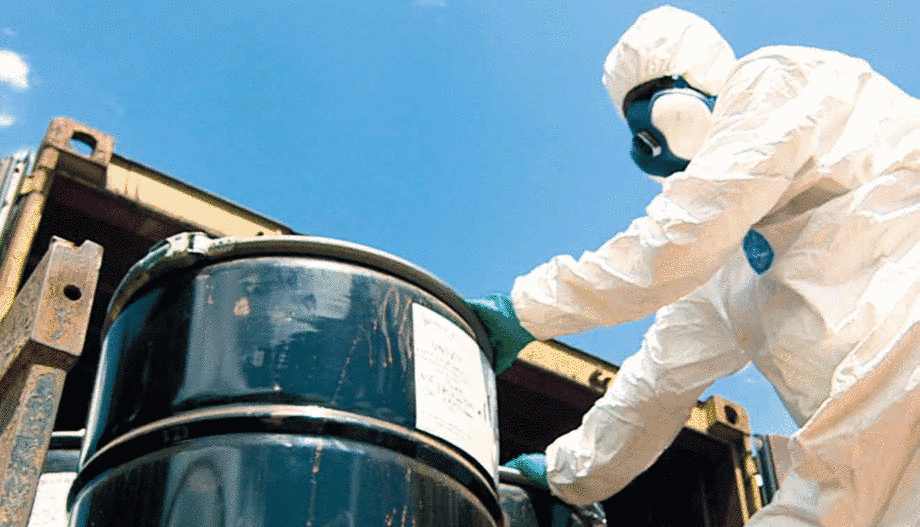Prevention and disposal of persistent organic pollutants and obsolete pesticides in Eritrea
19/09/2022

©FAO
Obsolete pesticides and persistent organic pollutants (POPs) represent a serious threat to human, environmental and animal health. Their use contributes to soil pollution, which can have significant economic costs due to the reduction of crop yields and quality, thus negatively affecting farmers’ livelihoods. Eritrea faces a number of threats related to the environmental degradation and public health impacts of pesticides, including persistent organic pollutants (POPs). Existing stocks were often badly deteriorated and stored in unsuitable conditions. Many stores were located close to inhabited areas and water sources. Some stocks had been pilfered and exposure to it was a serious health risk.
About the project
The project sought to address risks arising from POPs and obsolete pesticides, dispose of existing stocks, and prevent further accumulation in Eritrea through the use of sound environmental management methods. The project successfully employed a number of good practices in the areas of multi-stakeholder capacity and knowledge-building and promotion of sustainable food agriculture (SFA) methodologies.
|
KEY OUTCOMES
|
Good practices for the project's success
Build capacity across all levels of society to foster positive change to management of pesticides
The project organised a wide range of capacity -building initiatives, which were implemented through FFS, workshops and training courses. These were aimed at, and successfully engaged, farmers or people living in areas threatened by stocks of potentially hazardous pesticides at the local level and to private companies and ministerial staff and officials at the national level. The positive outcomes of the project could extend beyond Eritrea’s borders with the National Safeguarding Team potentially providing training and capacity building in other countries. By broadening their reach to include farming communities and ministries alike, thus combining ‘bottom-up’ and ‘top-down’ approaches, the project secured national ownership and amplified positive outcomes.
Bolster national rules and regulations to reflect international standards and agreements
Through a review of national legislation, the projects’ efforts to drive a government-level strategic approach to the threat posed by POPs and obsolete pesticides resulted in increased capacity in the face of this threat. It also resulted in an ongoing alignment to the provisions of the Stockholm Convention on POPs and the Rotterdam Convention on the Prior Informed Consent Procedure for Certain Hazardous Chemicals and Pesticides in International Trade.
Address root causes to prevent unsustainable practices
The project promoted integrated pest management (IPM) methodologies to address the root cause behind the use of pesticides and thus prevent it. IPM involves a range of sustainable strategies, each tailored to local environmental characteristics, including early pest recognition and protection of plants from infestation, which aim to address pesticide use and ultimately result in a reduction in the range and frequency of pesticide applications. Through this approach, the project achieved multiple long-term goals, such as safeguarding the health of local communities and the environment.

